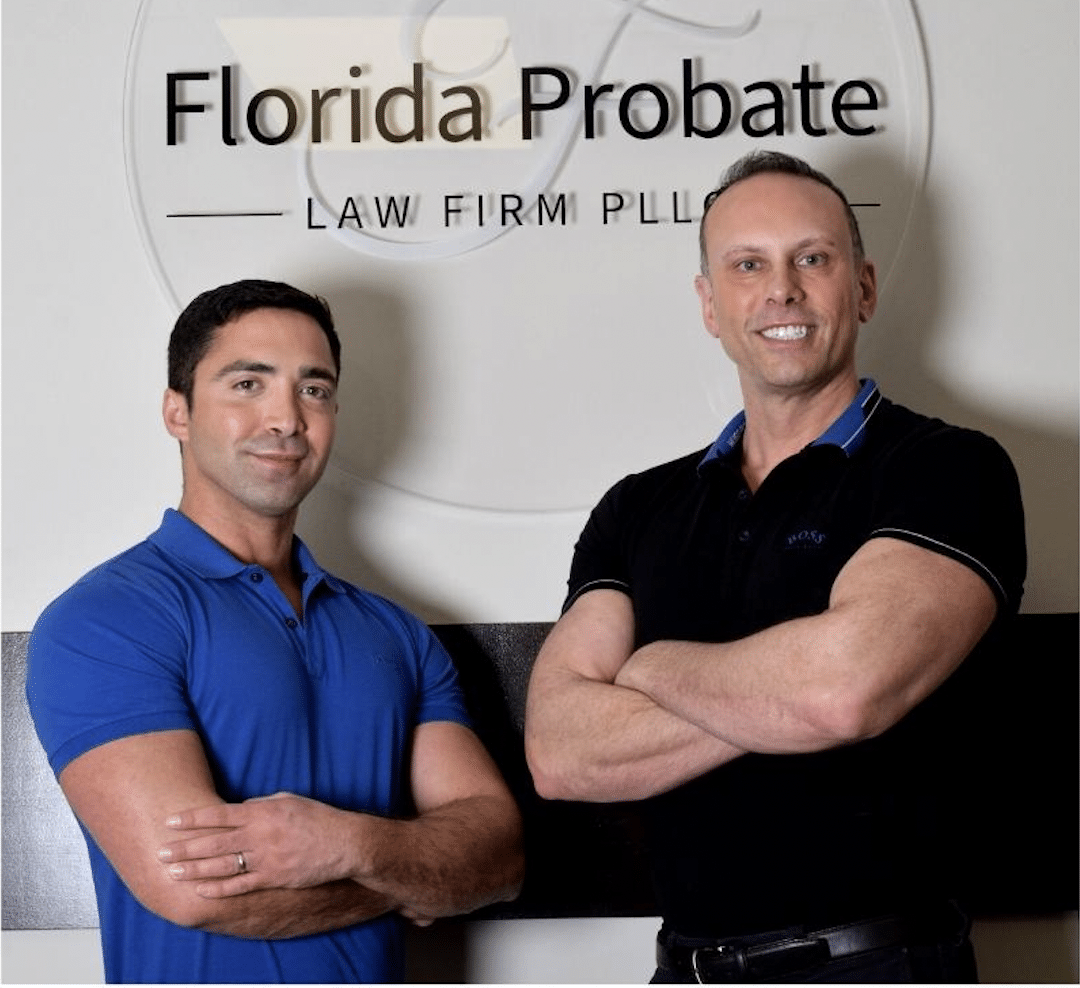Undue Influence
A valid Last Will & Testament is designed to ensure that the decedent’s wishes are carried out after the decedent’s death. Any Last Will and Testament can be contested by a named beneficiary, nominated personal representative, or other interested party. Two of the most commonly utilized avenues for challenging a Last Will and Testament include “Undue Influence” and “Lack of Testamentary Capacity.”
Under Florida law, only certain people are considered interested parties with standing to contest a Last Will and Testament. Interested parties would include anyone that will be affected by the probate proceedings, including intestate heirs, which are immediate family members that would have inherited in the event there was no valid Last Will and Testament. Another type of interested party is any person, or persons, named as beneficiary in previously executed estate planning documents, such as an older version of a Last Will and Testament. Such a person would be in line to inherit in the event the new Last Will and Testament is thrown out by the court.

What Is Undue Influence?
Undue influence occurs when someone uses pressure, manipulation, or coercion to get someone else to draft and execute a Last Will and Testament, or potentially a Codicil, in which the testator agrees to distribute assets to people, or in certain percentages, that they wouldn’t have normally consented to, if the undue influence had not occurred. In most cases, the influencer uses manipulative tactics to increase the size of the gift being directed to themselves, so that they end up benefiting the most upon the decedent’s death.
This manipulative behavior can be overt or subtle. Sometimes the subject of the undue influence does not realize the manipulation is occurring, and may be convinced the influencer’s decisions are in fact their own choices. Elderly and infirmed people in Florida are particularly vulnerable to undue influence. This manipulation usually comes from someone close to the victim. It may be a child exercising undue influence over an aging parent, a family friend, a romantic partner, or a caregiver paid by the family.

Proving Undue Influence in a Will Contest
When undue influence is proven, the Last Will and Testament is rendered invalid, in whole or in part. Because this influence is rarely overt, these cases usually rely on circumstantial evidence that may seem insignificant when looked at as a single point of evidence, but when pieced together paints a picture of manipulation.
Presumption of Undue Influence Under Florida Law
The party who files the will contest has the initial burden of proof. However, Florida law allows contestants to satisfy this initial burden of proof with evidence that raises the presumption of undue influence. Once the presumption is triggered, the accused will have the burden of defending against the charge.
There is a presumption of undue influence when an accused beneficiary:
- Benefits substantially under the will
- Had a confidential relationship with the decedent
- Played an active role in procuring the will
The court may consider many factors to determine if there was active procurement of the will, including but not limited to:
- The beneficiary isolated the testator from family and friends and/or disparaged family members
- Inequal mental acuity between the testator and beneficiary
- The beneficiary kept the will for safekeeping after it was executed
- Beneficiary secured witnesses to the will
- The beneficiary gave the attorney instructions on preparing the will
- The beneficiary had knowledge of the contents of the will before it was executed
- The beneficiary recommended the attorney the testator used to draw the will
- The beneficiary was present when the will was executed
- The beneficiary was present when the testator expressed their desire to make a will
Raising the presumption of undue influence requires the party who filed the will contest to present sufficient evidence first. Once the burden is shifted, the accused beneficiary must provide evidence and reasonable explanation to prove that they did not unduly influence the decedent.
Will contests are complex as even raising this presumption of undue influence is not enough to win the case and have a will invalidated. With this presumption raised, the accused beneficiary can still show they did not exert undue influence, and the decedent’s decision to leave them assets was their own. It is also still possible to prove undue influence even if the burden is not shifted by raising the presumption. In this case, the burden remains with the party challenging the will to prove there was undue influence by a preponderance of the evidence.
Evidence Proving Undue Influence
Raising the presumption of undue influence and ultimately winning the case requires substantial evidence. A judge will consider witness testimony, medical records, and other evidence regarding:
- The decedent’s mental and physical health
- The relationship between the beneficiary and decedent
- How the beneficiary benefited from the terms of the will
- The role the beneficiary played in having the will drawn
- Wishes the decedent made known that contradicts what is in the will
- The decedent’s relationship with
Witnesses may include relatives, caregivers, physicians, lawyers, and friends. Expert witnesses may also testify after evaluating whether the case has indicators associated with undue influence. In some cases, evidence may even take the form of voicemails, videos, text messages, and emails from the decedent or the accused beneficiary.

Contact the Florida Probate Law Firm, PLLC for Help Contesting a Will
Do you suspect a loved one was unduly influenced by someone close to them? It is crucial to act quickly to contest the Last Will and Testament and prevent a manipulative influencer from benefitting from their unethical actions.
The Florida Probate Law Firm, PLLC has experience providing probate services to Florida residents and their families. Give the Florida Probate Law Firm a call at (954) 833-5328 to discuss how we can help you as an heir or personal representative in a will contest.

